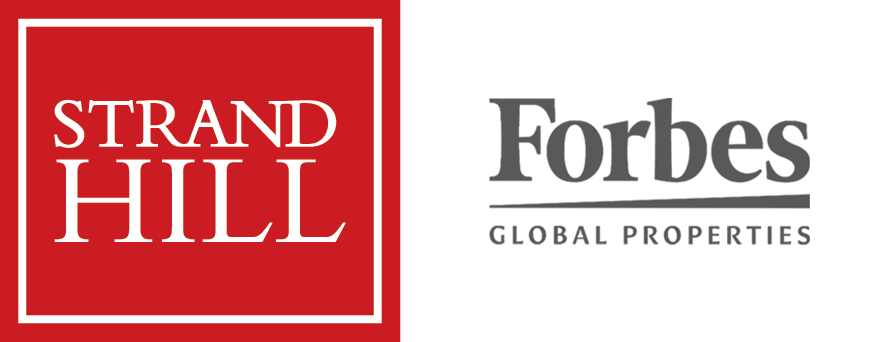The decision to rent or buy a home is a big one that involves many factors such as your financial situation, lifestyle, and personal preferences. Both renting and buying have their advantages and disadvantages, and it’s important to weigh them carefully before making a decision. In this blog post, we’ll take a closer look at the pros and cons of renting versus buying a home.
Pros of Renting a Home:
- Flexibility: One of the biggest advantages of renting a home is the flexibility it offers. Renters can move more easily than homeowners, which is ideal for people who need to relocate frequently for work or personal reasons. Renters are also not responsible for maintenance and repairs, which can be a big relief for those who don’t have the time or skills to handle these tasks.
- Lower Upfront Costs: Renting a home typically requires lower upfront costs than buying. Renters are usually only required to pay a security deposit and the first month’s rent, whereas buyers must come up with a down payment, closing costs, and other expenses.
- No Property Taxes: Renters are not responsible for paying property taxes, which can be a significant expense for homeowners. This means that renters can enjoy the benefits of living in a home without having to worry about the ongoing costs of ownership.
Cons of Renting a Home:
- Lack of Equity: One of the main disadvantages of renting a home is that renters do not build equity. Equity is the difference between the value of a property and the amount owed on the mortgage, and it represents the homeowner’s stake in the property. Renters do not have this benefit, and all the money they pay in rent goes towards the landlord’s mortgage or profits.
- Limited Control: Renters have limited control over the property they live in. They cannot make changes to the home without the landlord’s permission, and they may be subject to restrictions on things like pets and decorating.
- Rent Increases: Renters are subject to rent increases when their lease is up for renewal. This can be a significant expense, especially in areas with high demand for rental properties.
Pros of Buying a Home:
- Building Equity: One of the biggest advantages of buying a home is the opportunity to build equity. As you make mortgage payments, you are building equity in the property. Over time, the value of the home is likely to appreciate, which can result in a significant return on investment.
- Freedom and Control: Homeowners have the freedom to make changes to the property without permission from a landlord. They can customize the property to their liking, including painting, landscaping, and remodeling. They also have greater control over the cost of living, as they can choose their own utility providers and make changes to their home to improve energy efficiency.
- Potential Tax Benefits: Homeowners may be eligible for tax benefits, such as deducting mortgage interest and property taxes from their taxable income. These benefits can help to reduce the overall cost of homeownership.
Cons of Buying a Home:
- Higher Upfront Costs: Buying a home requires a significant amount of money upfront, including a down payment, closing costs, and other fees. This can be a barrier for many people, especially first-time homebuyers.
- Maintenance and Repairs: Homeowners are responsible for all maintenance and repairs to the property. This can be a significant expense, especially for older homes or properties in need of major repairs.
- Less Flexibility: Homeowners have less flexibility than renters when it comes to moving. Selling a home can be a long and complex process, and there are costs associated with selling a property, such as real estate agent commissions and closing costs.
Conclusion:
Deciding whether to rent or buy a home is a personal decision that depends on your individual circumstances.







